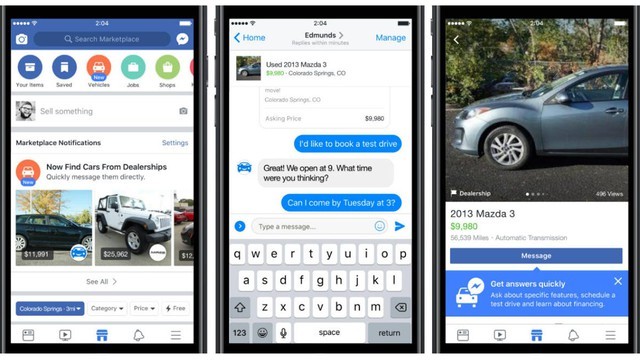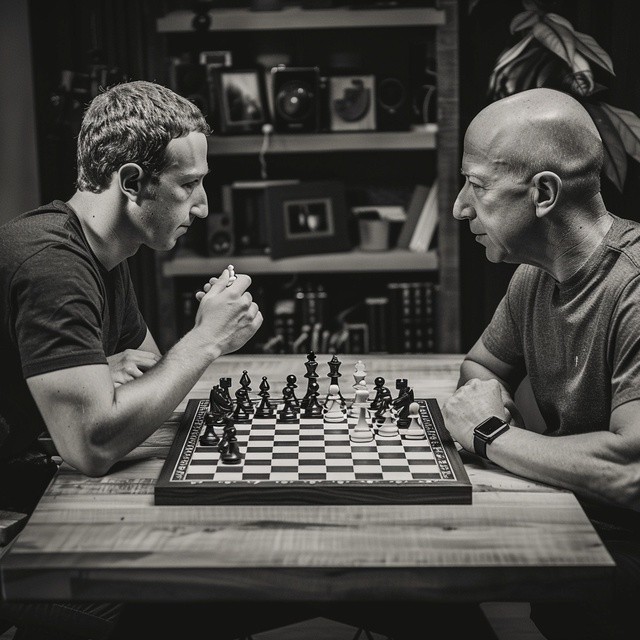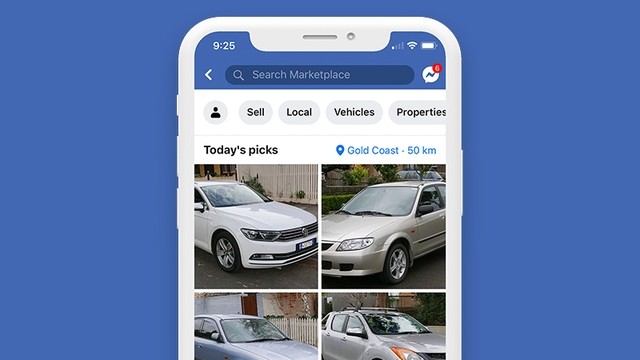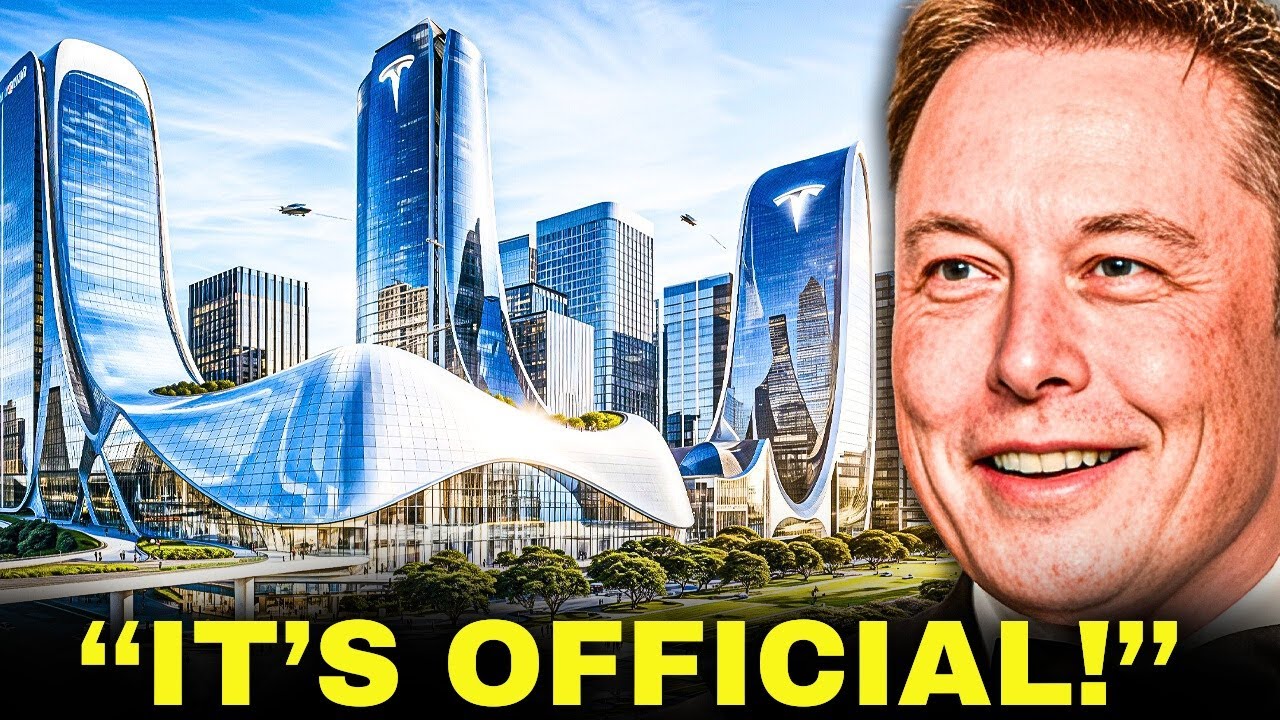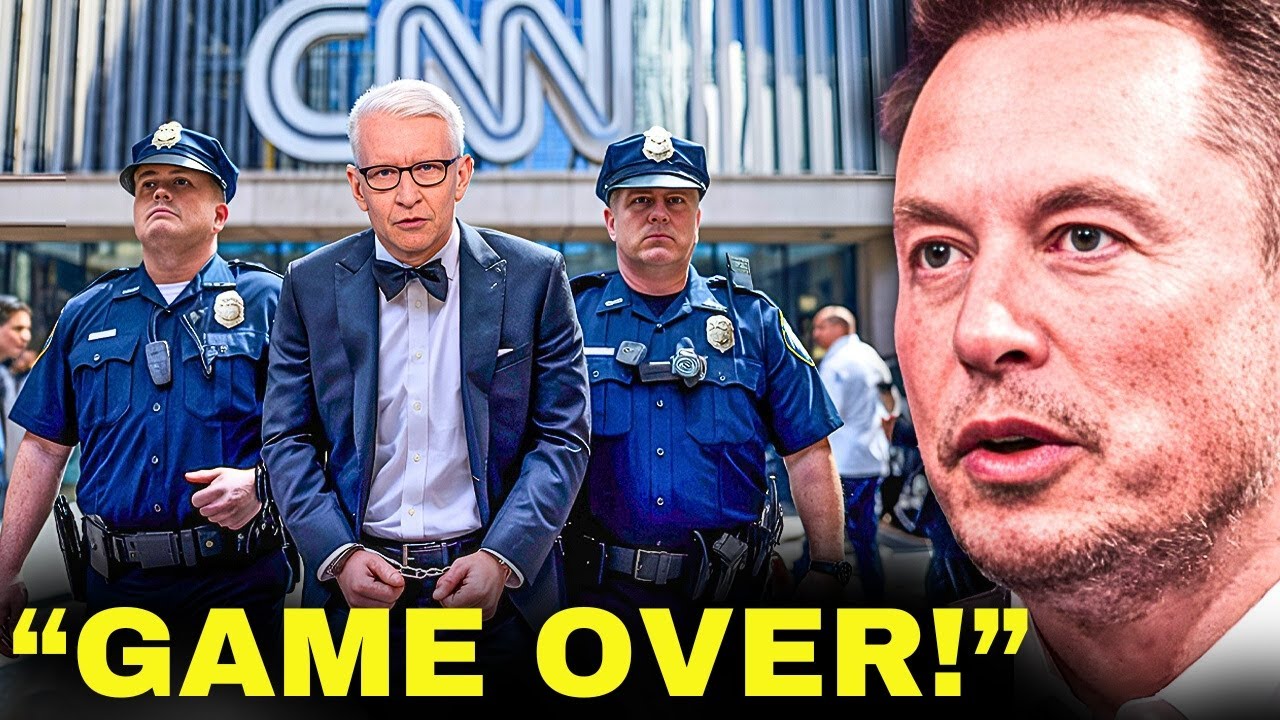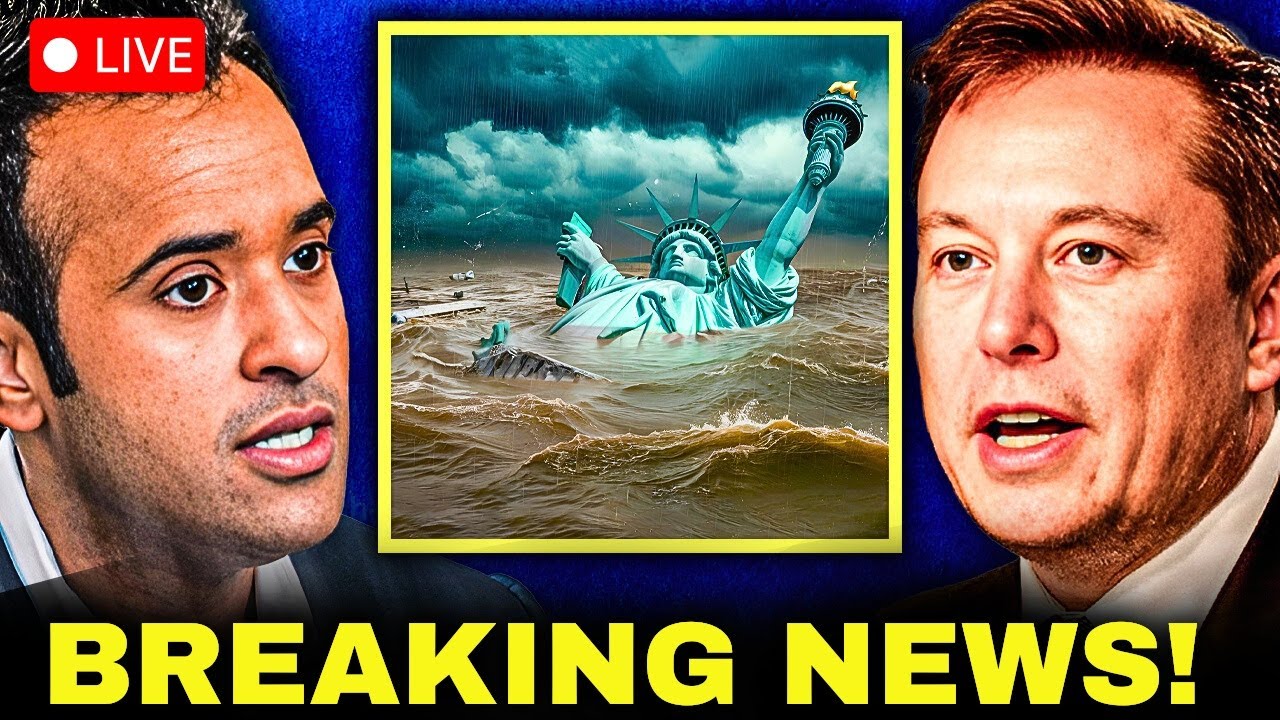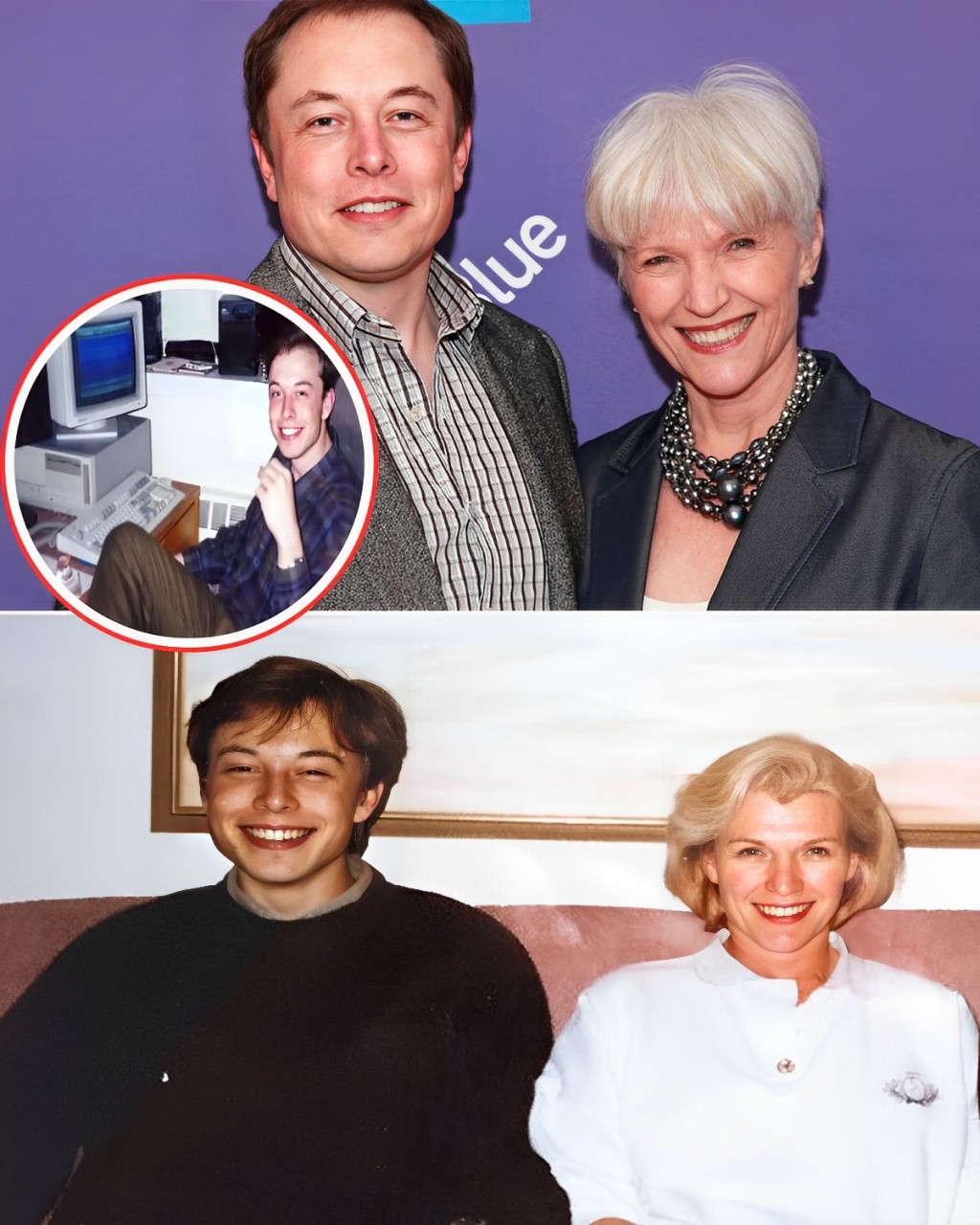Not satisfied with the title of “social network king”, Mark Zuckerberg now wants to take the e-commerce throne from Jeff Bezos.
![]()
The third richest person in the world according to the Bloomberg Billionaires Index is currently Jeff Bezos, famous for Amazon, the largest e-commerce site in the US.
However, few people know that the 4th richest person, founder Mark Zuckerberg of the world’s largest social network Facebook, is quietly usurping the e-commerce king position of Jeff Bezos.
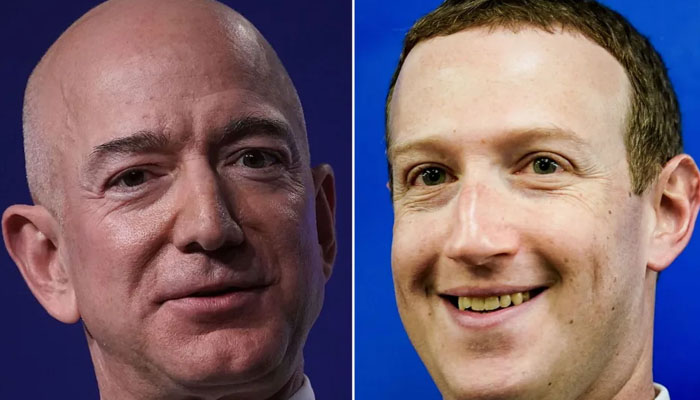
Specifically, Facebook Marketplace second-hand market currently has 1.2 billion monthly active users (MAU) according to Capital One Shopping’s March 2024 report, 4 times more than Amazon’s 310 million.
With the advantage of 3.07 billion Facebook users, this second-hand market Marketpkace is challenging Amazon’s e-commerce throne.
Please be reminded that in 2017, Marketplace’s total MAUs were only about 55 million users and quickly became the 2nd most popular second-hand shopping platform after Ebay in 2022.
“I would not be surprised if in 3-5 years, Marketplace surpasses Ebay,” said Associate Professor Charles Lindsey of the University of Buffalo.
New title for Mark Zuckerberg
According to Mr. Lindsey, Marketplace’s outstanding growth is mainly due to the platform’s ease of use and its association with the world’s largest social network Facebook.
“This e-commerce platform is reliable because it connects accounts with Facebook. It also has an easy-to-use interface, integrated with Messenger, so it is easy to switch between applications,” Associate Professor Lindsey said.
Launched in 2016, Marketplace was initially just an e-commerce market for a small group of Facebook users who wanted to trade used goods at reasonable prices.
But the platform is quickly growing into a formidable e-commerce app, with one-third of US users on Facebook using Marketplace in 2018.
Then the Covid-19 pandemic occurred, exploding the number of Marketplace users to the current number. Buying new goods has to wait a long time because of supply chain disruptions and the pandemic gap, making the Marketplace second-hand market more attractive.
